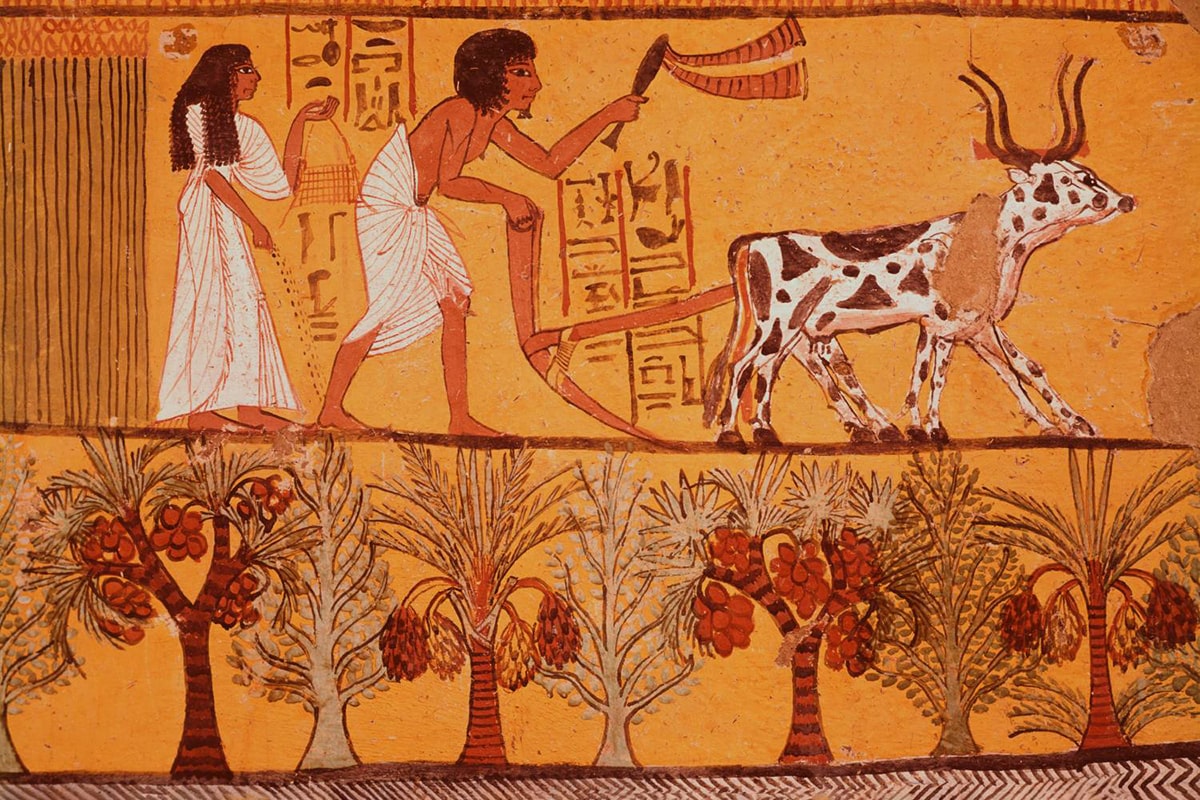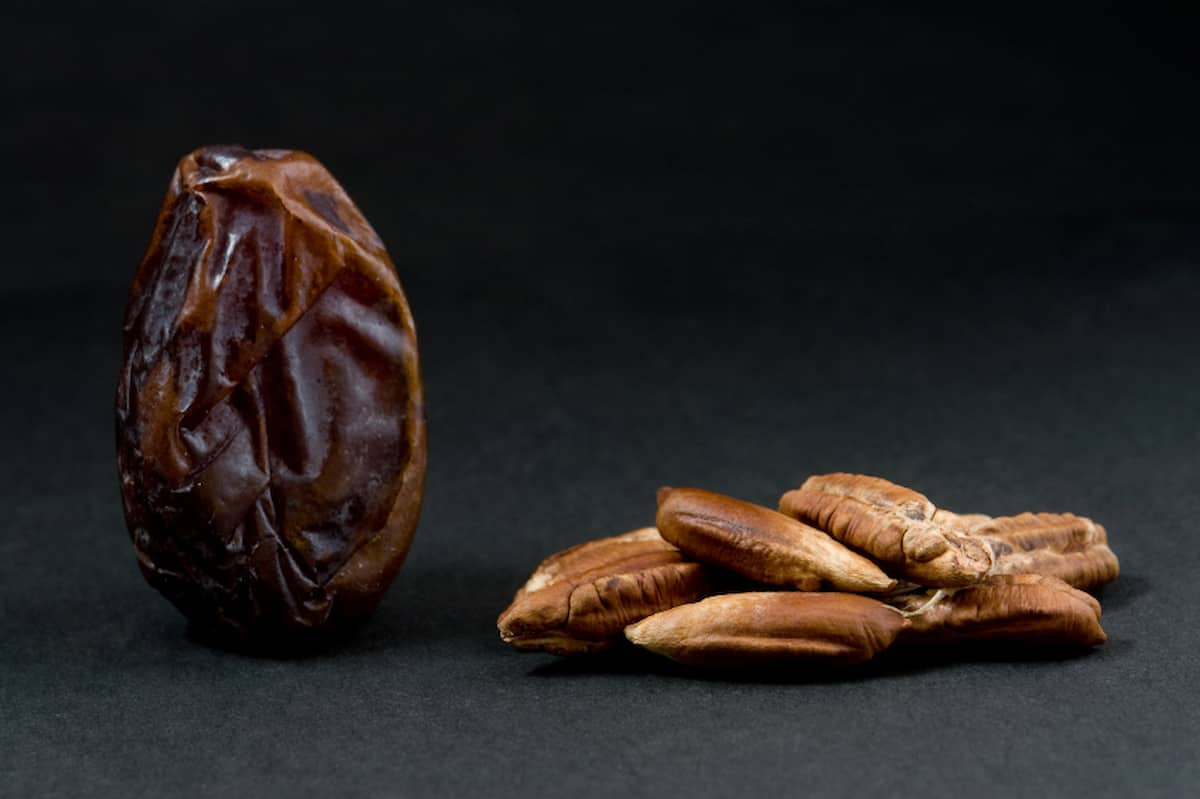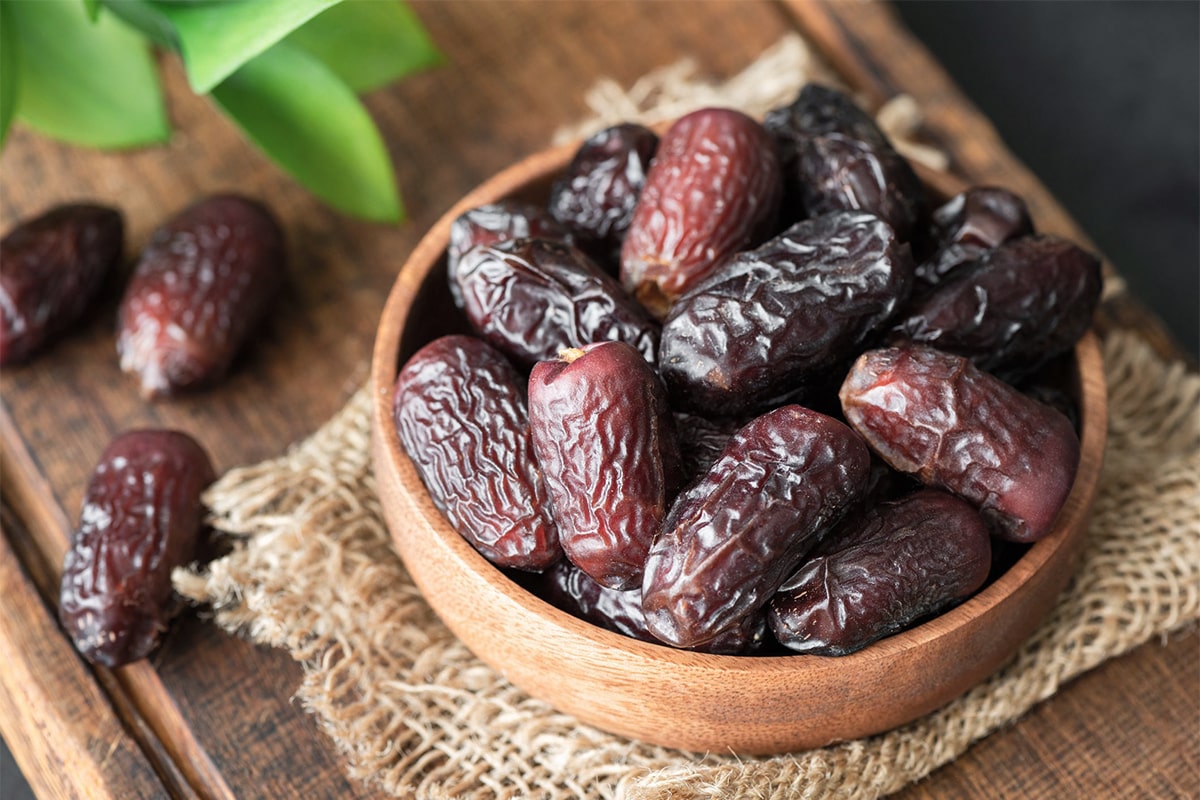Dates are one of the oldest and most nutritious fruits in the world. They have been cultivated for thousands of years in the Middle East and North Africa, and are now widely consumed in many parts of the world. Dates are not only delicious and sweet, but also offer many health benefits for children and pregnant women. In this article, we will explore the nutritional value of dates, and how they can help with growth, development, and well-being.
Nutritional Value of Dates
Dates are rich in carbohydrates, fiber, vitamins, minerals, and antioxidants. They provide a natural source of energy, and can help prevent and treat various health problems. According to the USDA, 100 grams of dates (about 4 dates) contain1:
277 calories
75 grams of carbohydrates
6.7 grams of fiber
1.8 grams of protein
0.2 grams of fat
656 milligrams of potassium
54 milligrams of magnesium
0.3 milligrams of copper
0.3 milligrams of manganese
0.9 milligrams of iron
0.2 milligrams of vitamin B6
15 micrograms of folate
119 milligrams of polyphenols
42.4 micrograms of phytoestrogens
Dates also contain other vitamins and minerals, such as calcium, phosphorus, zinc, selenium, and vitamin K, in smaller amounts.
Benefits of Dates for Children
Dates are a great snack for children, as they are tasty, filling, and nutritious. They can help with the following aspects of children’s health:
Growth and development. Dates are high in potassium, magnesium, and copper, which are essential for the growth and development of bones, muscles, nerves, and blood vessels. Dates also contain iron, which is important for the production of red blood cells and the prevention of anemia. Dates also provide folate, which is crucial for the formation of DNA and the development of the brain and spinal cord.
Digestion and bowel health. Dates are high in fiber, which helps with digestion and bowel movements. Fiber can prevent and relieve constipation, which is a common problem among children. Fiber can also lower the risk of colon cancer and other digestive disorders. Dates also have a laxative effect, as they contain sorbitol, a natural sugar alcohol that draws water into the intestines and softens the stool.
Immunity and infection. Dates are high in antioxidants, which protect the body from oxidative stress and inflammation. Antioxidants can boost the immune system and fight off infections, such as colds, flu, and ear infections. Dates also have antibacterial and antifungal properties, as they contain phenolic compounds that inhibit the growth of harmful microorganisms.
Brain and cognitive function. Dates are high in vitamin B6, which is involved in the synthesis of neurotransmitters, such as serotonin, dopamine, and norepinephrine. These chemicals regulate mood, memory, learning, and behavior. Dates also contain phytoestrogens, which are plant compounds that mimic the effects of estrogen, a hormone that influences brain development and function.
Benefits of Dates for Pregnant Women
Dates are a safe and healthy food item during pregnancy. They are highly nutritious for the mother and the growing fetus, as they provide fiber, iron, and potassium; essential during pregnancy. Additionally, dates are high in antioxidants, protecting the baby from damage. Dates can also help with the following aspects of pregnancy:
Nausea and vomiting. Dates are low in glycemic index, which means they do not cause a rapid spike in blood sugar levels. This can help prevent and reduce nausea and vomiting, which are common symptoms during the first trimester of pregnancy. Dates also contain vitamin B6, which can ease morning sickness and nausea.
Anemia and blood pressure. Dates are high in iron, which can prevent and treat iron-deficiency anemia, a condition that affects many pregnant women. Anemia can cause fatigue, weakness, and increased risk of infections. Dates also contain potassium, which can help lower blood pressure and prevent preeclampsia, a serious complication of pregnancy that involves high blood pressure and protein in the urine.
Labor and delivery. Dates are believed to have a positive effect on labor and delivery, as they can help ripen the cervix and induce contractions. According to a study, women who ate six dates per day for four weeks before their due date had a shorter first stage of labor, a higher rate of spontaneous labor, and a lower need for induction and augmentation2. Dates also contain oxytocin, a hormone that stimulates uterine contractions and milk production.
Conclusion
Dates are a delicious and nutritious fruit that can provide many health benefits for children and pregnant women. They are high in energy, fiber, vitamins, minerals, antioxidants, and phytoestrogens. They can help with growth, development, digestion, immunity, brain function, nausea, anemia, blood pressure, and labor. Dates are a great addition to a balanced and healthy diet, but they should be consumed in moderation, as they are high in sugar




